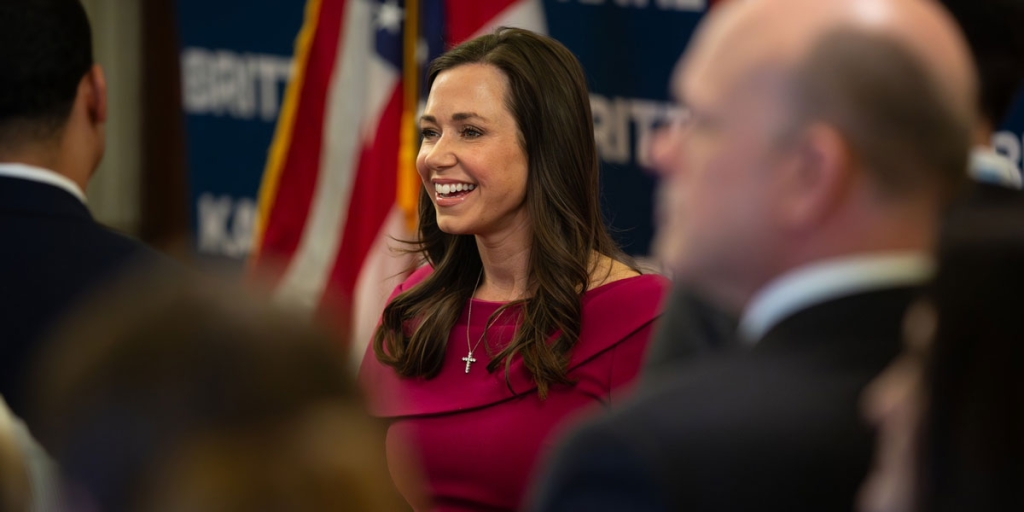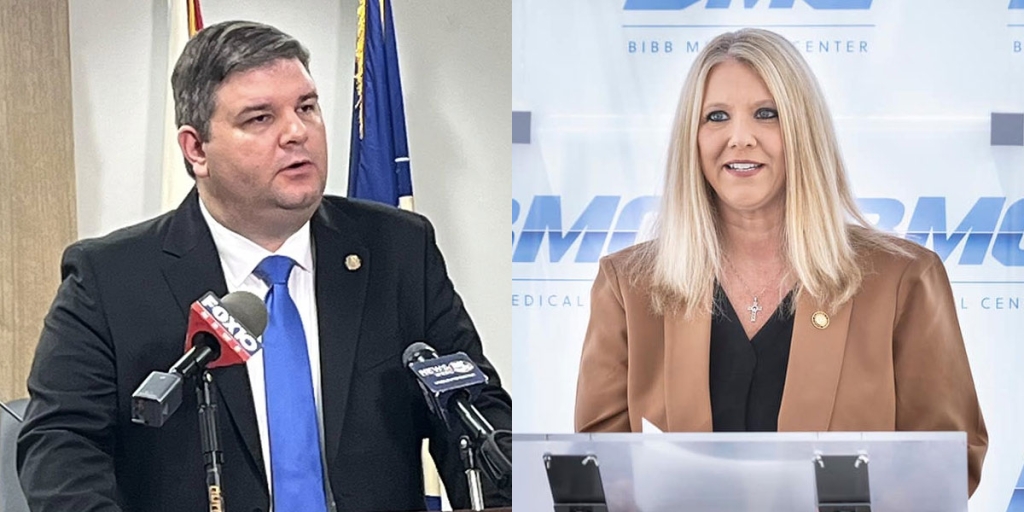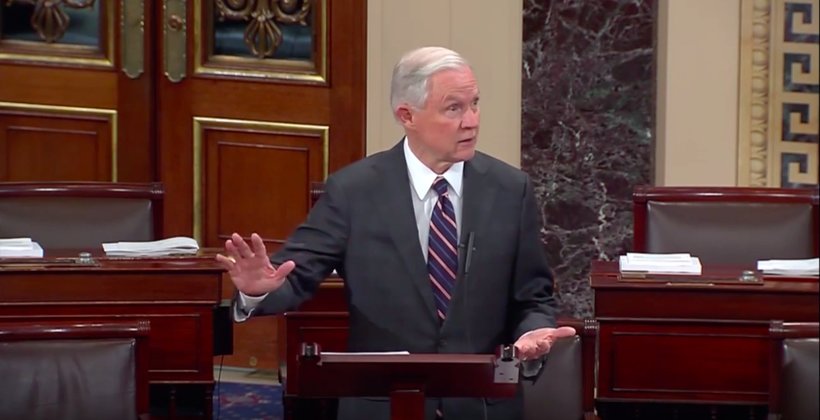
WASHINGTON, D.C. — President Trump’s Secretary of Agriculture is rolling back Obama-era regulations on school lunches that were costly for districts and unpopular with students. Agriculture Secretary Sonny Perdue announced the changes Monday, stating that the federal government will halt sodium reduction requirements for the next three years and allow schools to serve non-whole grain products.
Schools struggling with the cost of the Obama whole-grain regulations will be allowed to be exempted by their state in the upcoming 2017-2018 school year.
Perdue emphasized that the program may have been well intentioned, but that a better long-term plan was needed. Highly unpopular to students, he noted the entire program was counterproductive. “This announcement is the result of years of feedback from students, schools, and food service experts about the challenges they are facing in meeting the final regulations for school meals,” Perdue said in USDA statement. “If kids aren’t eating the food, and it’s ending up in the trash, they aren’t getting any nutrition – thus undermining the intent of the program.”
The regulations rolled back by the Trump Administration were originally authorized under the Hunger-Free Kids Act, which was part of First Lady Michelle Obama’s “Let’s Move” campaign to reduce childhood obesity. It gave the USDA the authority to set nutritional standards for all foods sold in schools, including vending machines, “a la carte” lunch lines, and school stores. The USDA has since set limits on the amount of fat, calories, sugar, and sodium in school foods. The Act also increased the number of children eligible for free and subsidized lunches.
Liberals have praised the program, but local school districts have denounced the cost while students have complained about the terrible quality. Congressman Robert Aderholt (R-AL4) witnessed the program’s issues first-hand and attempted to resist it while Obama was in the White House.
“I have been in the school lunchroom, I have sat down with the individuals responsible for preparing student meals, and I have sat down with the students about this,” he explained. “As well-intended as the people in Washington believe themselves to be, the reality is that from a practical standpoint these regulations are just plain not working out in some individual school districts.”











